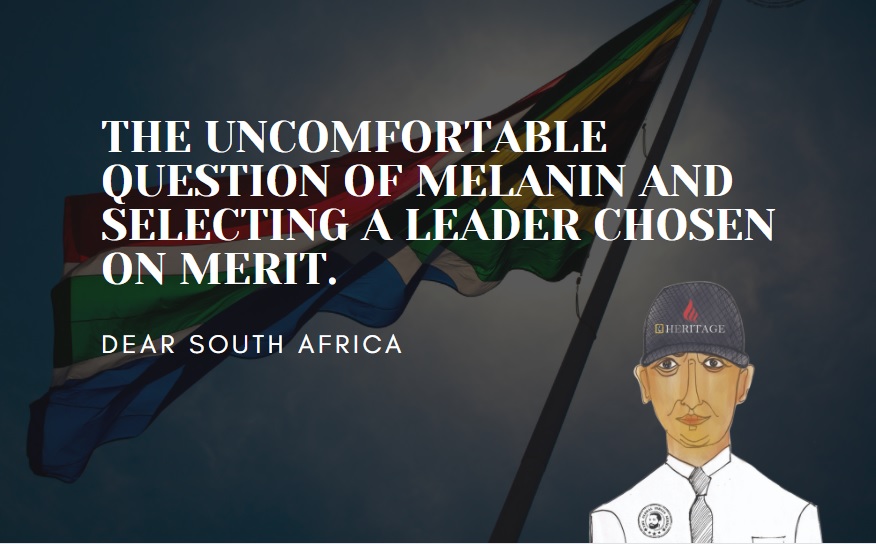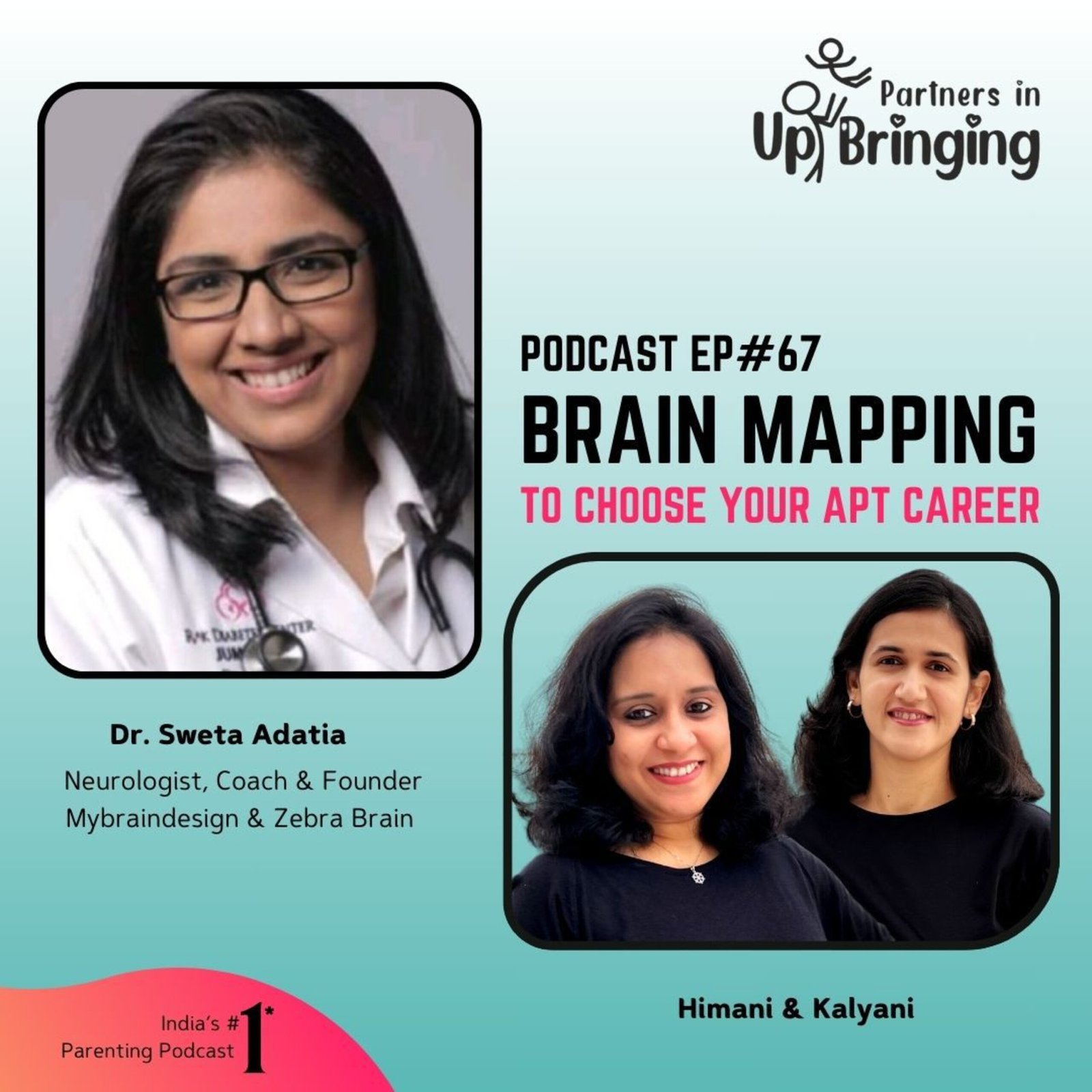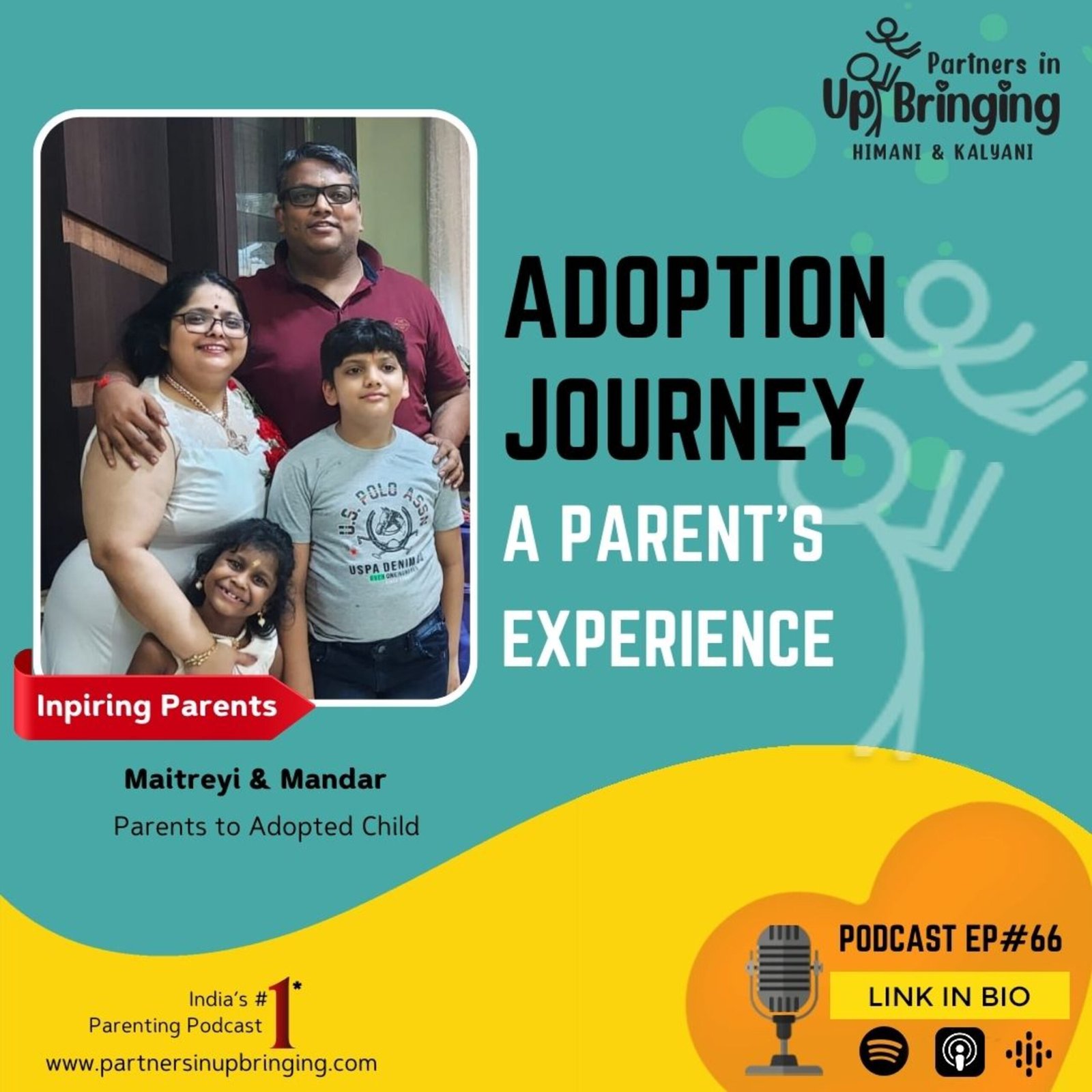COULD SOUTH AFRICA HAVE A WHITE, INDIAN OR COLOURED PRESIDENT CHOSEN ON LEADERSHIP MERIT IN THE FUTURE?
A Pik Botha Deja vu moment
I encountered my first taste of racism at the tender age of seven.
My dad had taken me on a fishing trip to what was then commonly referred to as the "Snake Park" beach on the Durban beachfront.
The sum total of my socialization at the time was limited to mainly "Indian" people due to the fact that apartheid was highly operational and discrimination was legislated and enforced at every turn by the security apparatus of the regime.
I was, at that age, unaware of the concept of the law and how it detrimentally affected the people of this country in such profound ways.
Oblivious of the fact that we were standing on the beach that had a prohibition on our very presence, we were approached by a burly and rather crass-sounding policeman as I recall, who ordered my dad and myself off the beach in an unbecoming, and threatening manner.
I was to learn, much later, that he cited some ordinance that determined that the part of the beach we were standing on was reserved for the exclusive use of "Whites" only - and that "non-whites" (nie-blankes in Afrikaans) were prohibited from entering such a terrain.
My dad politely obliged without protest- and we left the beach - much to my disappointment.
That day lit a fire inside me - without understanding the hullabaloo surrounding our unceremonious eviction, I knew right then that what happened was wrong.
I don't recall my dad's explanation of the event and why we were asked to leave, but I knew that it was certainly wrong.
And so began my baptism of fighting for what is right and fair and just - for everyone.
As the years went by and I learnt about what racial discrimination was all about, and how it prejudiced people in ways unimaginable, I found myself sliding into the world of "The Struggle".
In high school, I became involved in what was termed "student politics".
Having been elected onto the school's PRC (Pupil's Representative Council), i became part of a team of fellow students who were instrumental in organizing "boycotts" that showed our resistance and abhorrence toward the apartheid system that was foisted down upon people other than those classified as whites.
During those times, the white citizen was our "enemy" - whether he supported apartheid or not.
My involvement continued at university - having joined the banned organizations of the ANC, UDF (United Democratic Front) and SANSCO (South African National Students Congress) - at a time when the resistance movement gathered unprecedented momentum.
The introduction of the Tricameral Parliament (involving whites, Indians and coloureds only, at the exclusion of the black population) fuelled further anger within me and my activism increased as my zest to play a part in the liberation of this country - however small such a role would be, was buoyed exponentially.
In many ways I had no option.
That fire that was lit within me so many years ago was becoming an inferno as I learnt more and more about what South Africa was all about as I grew up.
South Africa was involved in the Angolan war and I became a fervent supporter of the "End Conscription Campaign" - a process whereby young white citizens, were forced to join the army to fight in that war, failing which they would be imprisoned if a valid reason was not forthcoming.
While not involved in such activities directly, I too became a de facto "conscientious objector" against a war that served only to protect a racist regime.
In 1986, the then Minister of Foreign Affairs, Pik Botha made what was considered a contentitious and "criminal" statement to the international media, when he declared that there could be a possibility of South Africa having a "black president" at some point in the future.
This statement, to say the least, unleashed the wrath of the white community, and indeed of one PW. Botha, the then prime minister.
The statement was pure heresy to PW. Botha.
His rebuke of his foreign minister was uncompromising, severe and without compassion.
But Pik Botha saw the writing on the wall.
He realized that pragmatism, the current realities of the time and international pressure in the form of economic sanctions was hurting South Africa and that power would inevitably have to be relinquished if the country were to survive in the global theatre.
And then came 1994.
A new dawn, a new beginning, a new nation - a country "united", a land where "we, the people" was a constitutional enshrinement that was going to purge apartheid to the doldrums of history.
Or so it seemed.
But what we have experienced over the last three decades was nothing short of a progressive disaster, as we started degenerating into a country of corruption, incompetence and thuggery, by the very people who promised so much.
From that "firelighting" moment in my childhood, I have always cherished the ideal that race is a myth but racism is not.
How wrong was I?
If we are to call a spade a spade, then South Africa today is very much ingrained into a veneer of race.
From quota systems, to "black empowerment" to BBBEE - all veiled in the guise of correcting the past and entrenching the narrative of the "previously disadvanged", we have ceded merit and value in lieu of race.
In an ironic fashion, all that changed in the era of our constitutional democracy was the colour of discrimination.
Make no mistake, the horrendous effects of the past cannot and must not be wished away - nor must it be ignored.
It forms the fabric and tapestry of where we are today because of where we were yesterday, and the imbalances in society as a result of the past need correction and equilibrium as a form of restorative justice. .
But here is my dilemma.
If we claim to be a so-called "non-racial" country, where inequality in any form and in any sphere is frowned upon and which is also the subject of our constitutional mantra, then why are people of other races being precluded/excluded/prevented from positions of seniority or authority based on race?
I seem to suffer an ironical detachment in the sense that those I once fought with, I now have to fight against - for exactly the same principles of fairness and justice.
This brings to bear the struggle chant of "an injury to one is an injury to all".
Were these words politically fanciful at the time or did they have some intrinsic meaning and value that was meant for all eternity to champion and act upon?
I do not for a moment associate myself with Pik Botha and his ilk of that era - and his words could very well have been construed as being purely opportunistic noting the tight rope the apartheid government was walking in the eyes of the world, but we must confront the reality of our times without fear or favour or even unfounded prejudice in the hope that the past will be corrected in the interests of everyone.
If we do not yield to the ideology of merit or fit-for-purpose appointments, then we repeat endlessly our failings that has become rather endemic of late.
The moment we employ race as a determinant, we not only devalue a constitutional imperative, but we also lessen the equality of a South African society so desperate for cohesion and unity.
I then have to ask: Could South Africa have a white Indian, or coloured president in the future, chosen purely on leadership merit - despite my distinct aversion to such racial references?
Until we view each other in equal light and until the aspect of race remains a discourse at every opportunity to entrench such a narrative, then the above question becomes a relevant one.
And until we remove the notion that South Africa is a "black" country, by virtue of her majority citizens being classified as such, we will always dawdle on matters that hinder our progress.
But alas, "the darkest hour is just before the dawn"
As Nelson Mandela once correctly observed, "it always seems impossible until it is done".
Let me know your comments below.
Global Indian Correspondent to South Africa
Narendh Ganesh
-------------------------------










